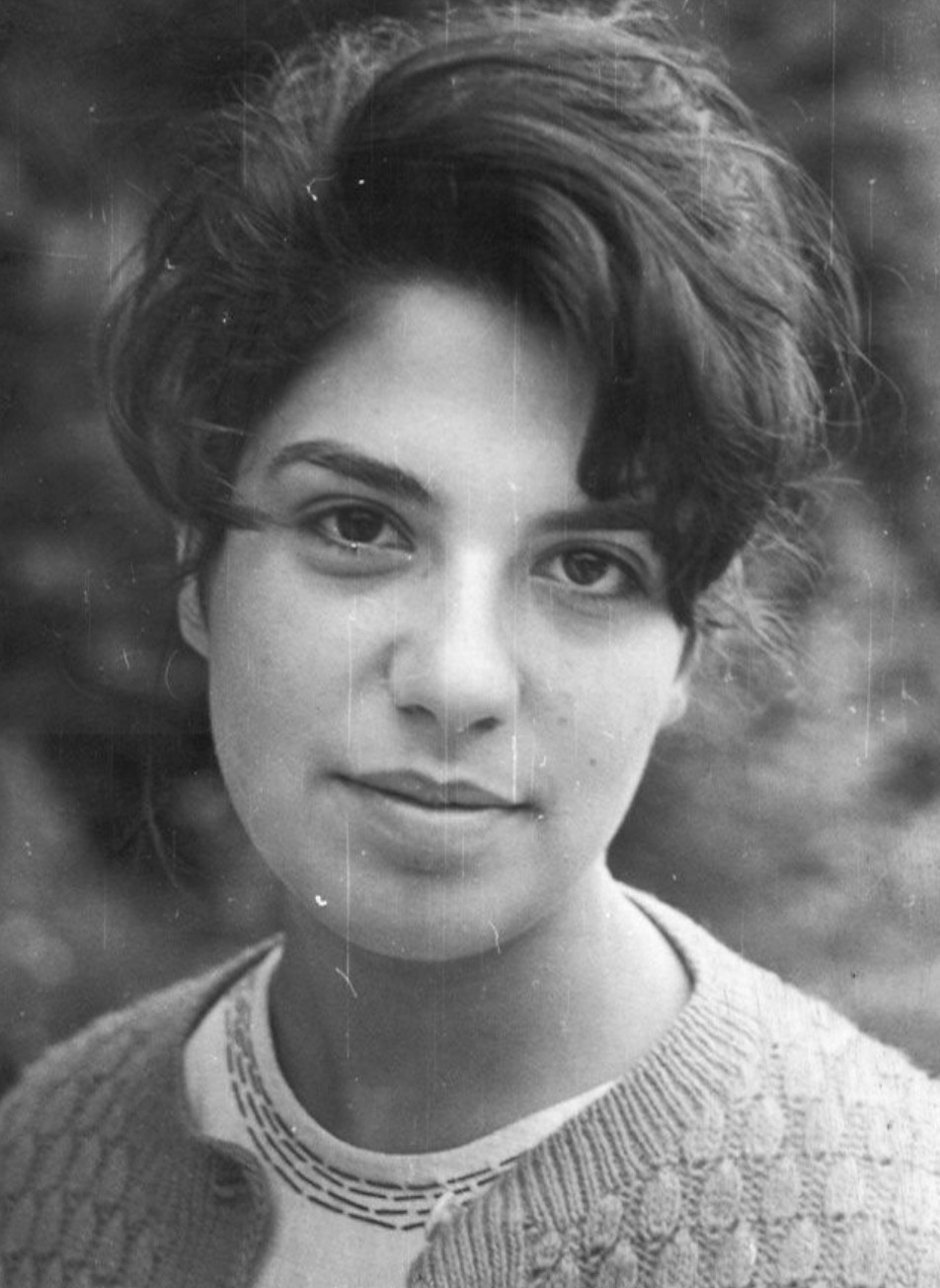We felt good because our artistic circle, specifically our family, were artists, architects, doctors, etc., etc., we didn’t feel the Soviet pressure on us that much. We had a great advantage, for example, at that time we, the scientists, had a library day. Well, on that day we were not required to go to the workplace, it was considered that you were going to the library, and the library helped. Scientists, those who had already defended their dissertations, were also provided with an additional 12 square meters of extra room, for the study, so to speak. If you were already working on your dissertation, you were sent to Moscow, because there were larger libraries there. At that time, it was the Lenin Library where we were sent to work. They provided the opportunity. We felt quite comfortable in our everyday lives, yes. On the other hand, we felt a bit dissident-minded, because in that circle, where we had connections, there were thoughts that sounded a bit liberal at the time, as non-Soviet. We read Solzhenitsyn’s books, Bulgakov, at least at that time those were considered “wow!”, and we passed on these books to each other, etc., etc. Of course, we knew there were student groups that were active in 1968, etc. We didn’t get into it that much, but still I should say that coming to that idea… Well, I had been in Karabakh, because one of our guys, as I said there was this practice in Chernogolovka [Institute of Chemical Physics], students were sent there to work and we had many, many Ph.D. students there. One of our guys married a Russian woman, and he asked me to go with him to his wedding, so he would not feel uncomfortable there. And we went to Karabakh, we went through Ghazakh [Azerbaijani region neighboring with the Nagorno-KARabakh Autonomous Oblast], we did not enter Stepanakert, we went to Martakert region. And it was very strange for me. When we were passing by a bus, small children were throwing stones at that bus. This was probably around [19]88, in 1985 or 1984. There was something like that, and I was very surprised. And when we reached the village of Mokhratagh, and they were telling us, sharing with us, that, “you know, everything is fine here, you can be the second person, but you can never be the first person. Doesn’t matter that we are the majority, there is that pressure on us.” And they even told us about the cases of violence, etc., etc. We remembered these things only when this movement started. It wasn’t from nowhere, it was little by little, it was not from the good life that these people were saying this, it was a matter of life for them. It was important for the employees of our institute who were from Yerevan and the ones from Karabakh to find a compromise. What shall we do to take into account all different circumstances and not to allow the clash between the idea of independence and the idea of liberation of Karabakh? In such a way that they do not lead to a dead end. How can we harmoniously combine these two? Something like this. However, on a mass scale there was no such anti-Soviet movement, so to speak, until Gorbachev. There were stand-alone groups, there were certainly political prisoners, our Vardan Harutyunyan, Paruyr Hayrikyan, and others, yes, there were indeed dissidents, but it was not of a widespread nature, those were isolated cases, but their role was very big in all of that, their experience was also used.












